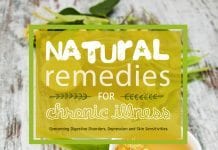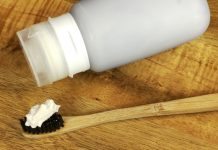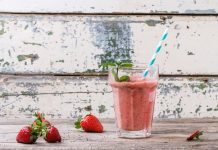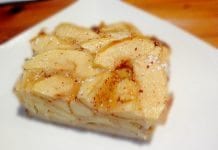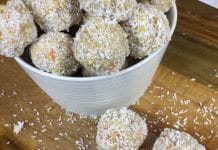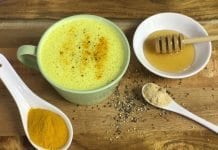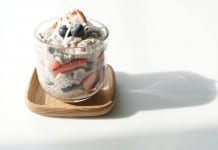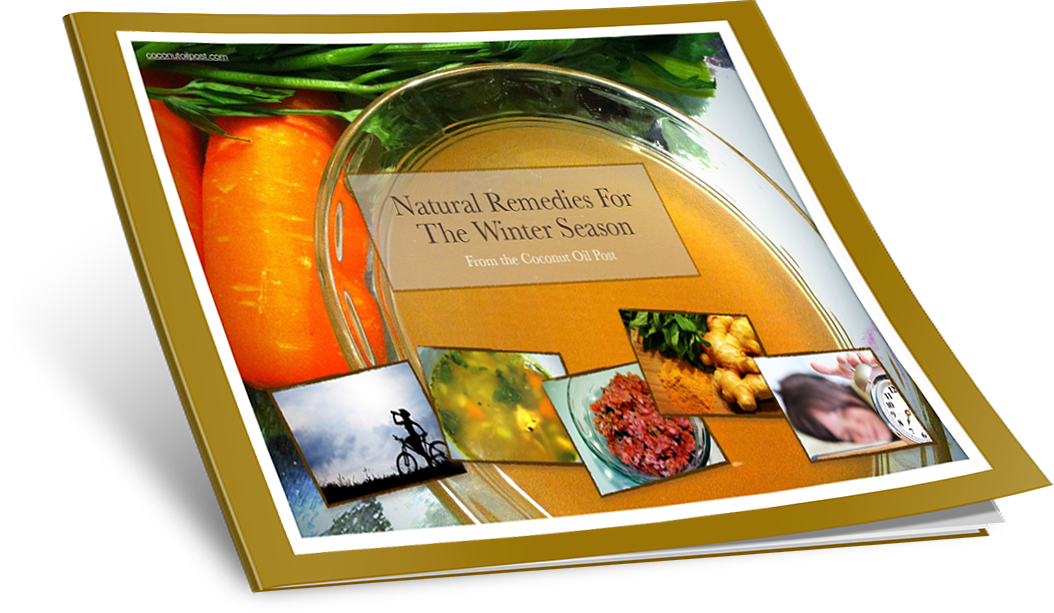I mentioned in my last post that I struggle with S.A.D. Seasonal Affective Disorder, sometimes called the “winter blues”.
S.A.D. – Seasonal Affective Disorder
Is directly related to the lack of sunlight. When sunlight enters through the eye and travels through the retina it activates brain transmitters creating or stimulating serotonin and other brain chemicals essential to our mood and well being. Less sunlight leads to higher levels of the hormone melatonin, which effects the sleep-wake cycle and mood.
Seasonal Affective Disorder Symptoms:
Depression
Anxiety
Sleepiness
Over eating
Craving sugars and carbohydrates
Inability to stick to a regular routine
Irritability
Loss of interest in social activity
Depending on the extent of symptoms S.A.D. treatments usually include some form of anti-depressant, however for some people antidepressants are not the answer, failing to provide any real relief.
Alternative Treatments for antidepressants
So what are the alternatives. And I want to be real here. Because the one thing that is true about natural alternatives in comparison to over the counter or prescribed medications is that they take longer and effectively can be harder to implement as the action requires your will power, something that can be seriously challenged when you are feeling depressed and blue. Having said all that – if your symptoms are mild and or you can ask for support from family or friends then the natural alternatives are worth a go. Even if you decide to take medication than the natural alternatives are good to implement as well as they will help propel your health to a point of moving off medication faster.
7 Alternative Treatments for Seasonal Affective Disorder S.A.D.
- Sunshine – since it’s a lack of sunshine that seems to trigger these “blues” to come about – then sunshine is the one thing that you want to seek out and grab it when you can. Write up some hints or reminders on your calendar so you don’t miss out. Use a sunshine sticker to mark your calendar or diary for the following tips.
First thing, when you wake, on those bright sunny winter mornings, get out for a walk and soak it up. Take a break with a therapeutic cuppa and sit in the mid morning sun. Take a picnic or lunch break and go to the park and drench in a good 30 minutes to an hour of sunshine. Curl up with a book, a board game or some music on a cosy blanket on a sunny winter’s afternoon.
- Vitamin D – The best source of Vitamin D is from sunlight. 15-20 minutes of direct sunlight will give you 200 to 400 IU of vitamin D in summer, however during the winter months the sun is positioned differently and often there is no sun at all. Vitamin D deficiency has been linked to many health conditions. Taking a vitamin D supplement such as Cod Liver Oil can be taken but in moderation as it also contains high doses of Vitamin A. Check with a health professional for correct dosage.
- Exercise – however, whatever, whenever. Any form of exercise is going to better for you than no exercise. A walk around the block, taking the dog for a walk, a 4 minute Tabata workout, a dance to your favourite music or even a rigorous cleaning session will all benefit you, your body and your mental health. Combine it with one of your sunshine sessions and you will have saved time as well.
- Omega 3 Fats – Since your brain is made up of a large proportion of DHA fat – 60% in fact, then it’s essential to be inputting a regular dose of Omega 3 oils and fats into your diet. Fatty fish, fish oil capsules and flax seed oil are all high in Omega 3’s. A daily dose is essential to feed the brain and promote brain function.
- Light Therapy – By replacing your ordinary globes with full spectrum globes that mimics natural
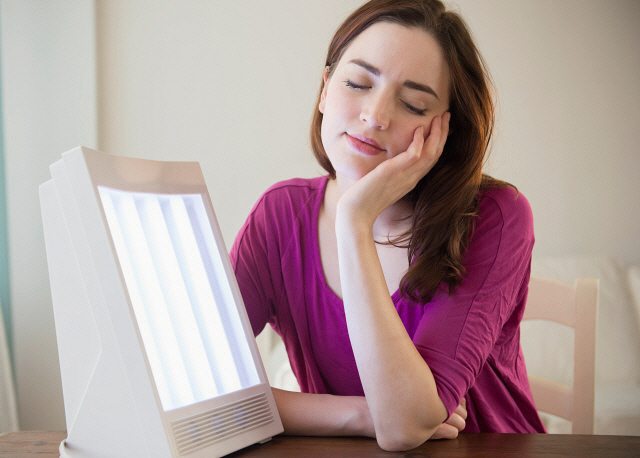
Image shows the use of light box as a therapy tool sunlight. While this shouldn’t replace time spent in the sunlight it will help during the winter months on those days that are rainy, snowy or too cold. The other technique relating to light is the “dawn simulation technique”. This is where a natural sunrise is produced by an alarm clock or by switching on a light an hour or so before rising.
- Go To Bed Early – Believe it or not we were designed to go to bed when the sun sets and get up when the sun rises. Hormone cycles become disrupted and unbalanced when we stay up too late and rise too early or too late.
- Avoid excessive sugar and grain intake – An excess of both grains and sugars can easily trigger insulin resistance which is linked to depression as well as a host of other conditions. Sugar cravings can be managed by using fermented foods and saturated fats including butter and coconut oil.
- Journaling or Feeling Diary – Sometimes it helps to write down your thoughts and feelings. The purpose behind a diary is so you can see that your feelings can and do move even though sometimes we think they don’t. It can also help identify what might trigger certain moods or make them better or worse.
Strangely enough S.A.D. can affect people not only in the winter but also in the spring or autumn. If you know that you struggle with depression during anytime of the year than these natural alternatives are good to have in place all year round.
If at any point your symptoms become more severe than you should consult a medical professional for help and advice. Don’t hesitate to get some help and support, Depression and Anxiety are very real illnesses, even though sometimes they feel imagined.
Beyond Blue is an Australian Organisation that deals specifically with depression and anxiety. You can take a 1 minute check list here or get in touch with them here.
For more natural remedies for the winter season download my free pdf book. Packed with tips, recipes and remedies to safely navigate the flu and bug season and enjoy a healthy winter.




